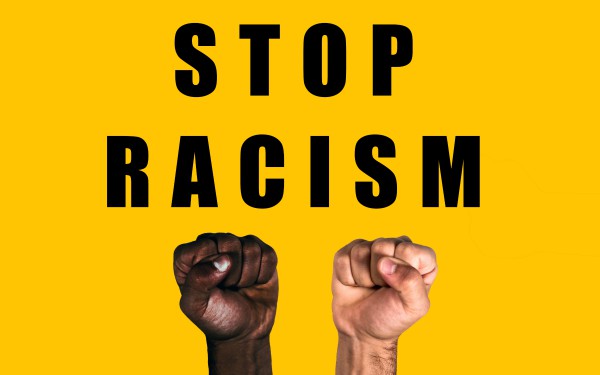World religion classes in public schools can promote understanding and tolerance. In today’s diverse society, students are from various countries, have different backgrounds and have different beliefs. Offering classes on world religion would help students learn about these differences and supply respect. When students understand other cultures and religions, they are less likely to judge or discriminate against other. This knowledge can create a more playful school environment.
Another benefit is that it engages critical thinking. Learning about various religions helps students explore big questions about life, morality, and ethics. It encourages them to think critically about their own beliefs and those of others. This type of education can help students develop their own viewpoints in a respectful way, making them more open-minded individuals as they grow and excel in life. Additionally, world religion classes can enhance social studies education. Understanding religion is key to grasping many historical events and culture practices. By incorporating these classes into the curriculum, students can better understand global, economic, and historical conflicts that are rooted in religious differences. This deeper understanding can lead to more informed and engaged citizens , thereby making the world become a better place for you and me.
Finally, offering world religion classes can prepare students for a globalized world. As the world becomes more interconnected, knowing about different religions and cultures is increasingly important. It equips students with the skills they need to interact respectfully in diverse settings, whether in their communities or when traveling. Overall, teaching about world religions in public schools can create a more informed and compassionate society.








